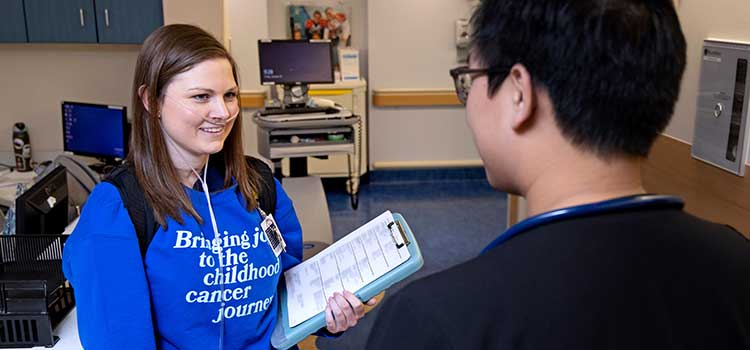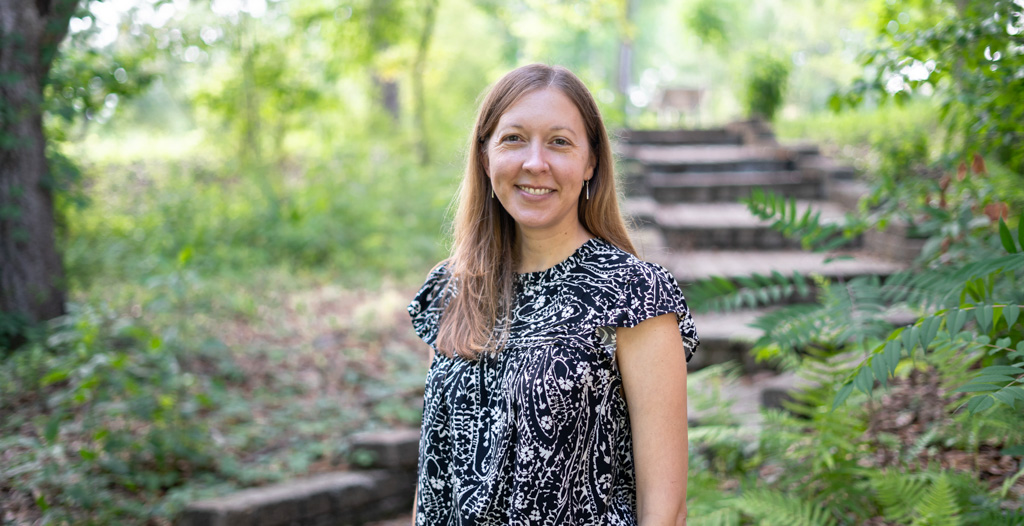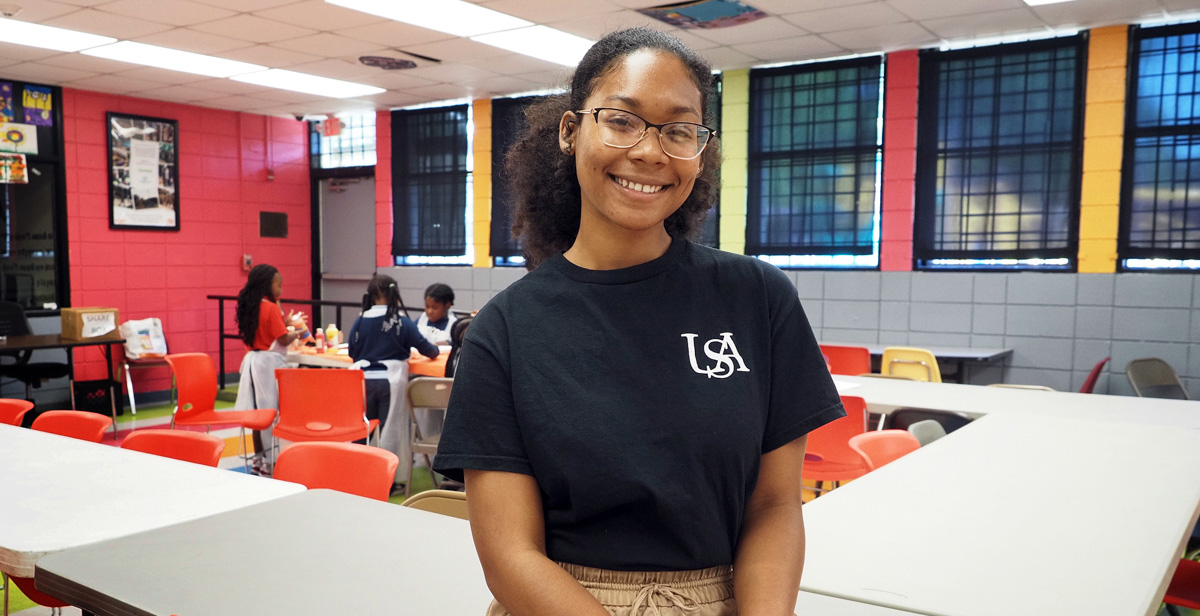Expert Advice: Dr. Valerie Bryan Talks About Important Factors for Students Deciding on a Social Work Degree Program
Posted on June 16, 2022 by MSW Online
Original article was published on MSW Online.
 What are the most important factors for students deciding on a social work degree
program?
What are the most important factors for students deciding on a social work degree
program?
From a practical perspective, cost! There are so many options available to students now, so assuring that one is situated in such a way financially to complete the degree provides a modicum of security and comfort. Eliminating or reducing sources of stress is important when in school, and money (and the lack thereof) certainly is a powerful contributor to that.
Also, equally important, student prospects must assure that they are only considering Council on Social Work Education (CSWE)-accredited programs. Students graduating from unaccredited programs are unfortunately being scammed. They will not be able to be licensed and their careers will be severely impacted.
Last, I would mention, students should reflect on how they learn and to what extent an online learning environment is suitable for them, or even desirable. While it certainly increases student choice, not all students respond to nontraditional environments equally well. Many not only benefit from, but actually need face-to-face contact with professors and a college atmosphere only available at brick-and-mortar institutions.
What are the most challenging aspects of earning a social work degree?
I think one thing that is quite important is for students to have a motivation more specific and targeted than a simple and generic desire to "help people." That almost stereotypical response to the question of "why social work?" has often turned out to be a red flag. I believe this is due to the poor general understanding among the public about the complexity, breadth, and scope of what social workers do. Just wanting to "help people" seems to indicate that a person lacks that understanding, and may be unprepared for the challenges of social work academic preparation.
BSW/BASW generalist practice, which is CSWE standard academic preparation, requires fulfillment of general arts and sciences courses to provide the foundation for full acceptance into the social work major. This amounts to approximately two full years of pre-professional pre-major requirements. Some students get stuck because of certain difficult courses they may not have anticipated would be foundational content for the social work degree.
How can students best prepare for a social work degree program?
High school students interested in social work should definitely engage extracurricularly in ways that they can provide strong contributions to others in productive environments. I stated that in a purposely vague way because the key piece of the preparation that I hope to see is personal growth in interpersonal and interactional skills, and developing teamwork skills. So, activities as different as playing sports or being a member of the yearbook club could offer equally strong opportunities for developing the sort of mature and team-oriented mindset necessary for good social work. What activities one might select should be linked to one's existing strengths.
Also, becoming familiarized with available social and human services in one's area, learning what they do and for whom and how, is quite educational. There are frequent volunteer opportunities available to students at many agencies and programs. Volunteering at agencies or social service events prior to entering college can help a student discern future directions about with whom they hope to work, and about social issues and problems of greatest interest to them.
What does it take to be a successful social work student?
Genuine curiosity; flexibility; a commitment to ethical work and practice with peers and future clients and colleagues; emotional maturity; high academic performance in general education requirements to assure a well-rounded foundation; and an affinity for hard work!
What kinds of jobs are social work degree students finding after graduation?
The list is very long, and depends on the level of education also. Many BSWs/BASWs find work as caseworkers in a wide array of settings, including agencies serving children and families, mental health services, hospitals, juvenile and criminal justice programs, public assistance agencies, and schools, just to name a few fairly common ones.
BSWs are often also placed in positions of project or program coordination within agencies, overseeing and facilitating the work of team units to accomplish goals for clients and for programs. Those achieving higher levels of education, training, and certification can become clinicians, program managers/administrators, program evaluators, policy analysts and specialists, and grant writers. I personally have almost twenty years of experience as a program evaluator, which can truly help agencies fix problems in how they are attempting to deliver services. It can be very rewarding. PhDs, obviously, will achieve their successes within an academic environment, usually as teaching/research faculty, but there are many other positions of esteem, importance, and value within universities too.
Can students take electives, or customize their social work degree experience?
At our institution, they must select two, and may select others to fulfill general education and credit hour requirements. In my experience and to my knowledge, this is typical for social work programs.
-

Childhood cancer survivor turned social worker, Katelyn Tillman helps patients at Children's & Women's Hospital
Diagnosed with osteosarcoma at age 13, Katelyn Tillman spent months-lo...
January 15, 2025 -

Gregoricka Receives Fulbright Scholar Award
Bioarchaeologist Dr. Lesley Gregoricka, professor of anthropology in t...
May 14, 2024 -
Choctaw Indigenous Potters to Visit USA Campus
The University of South Alabama and Mobile-area communities will have ...
September 26, 2023 -

Rediscovering Family History
Tiffany Pogue, a Gilman Scholar and psychology graduate, traces he fam...
May 16, 2023


